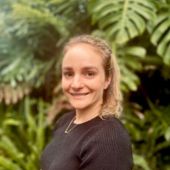Nine surprising celebrities and brands invested in the ag sector
Dyson doesn’t usually spring to mind when you think of agriculture. With its argument starting flatpacks, Ikea doesn’t either. And Justin Timberlake? Didn’t see that coming. Yet some of the most recognised names in business and entertainment have invested in agriculture, either for personal passion, environmental causes, profit – or all three. Meet nine brands, celebrities and businesses you wouldn't expect to have ventures in agriculture but do.
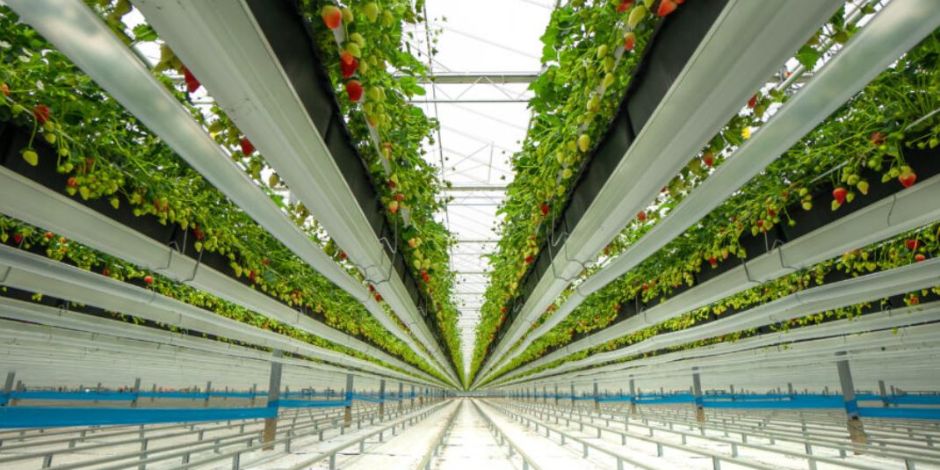 The Dyson Farming team is growing strawberries at scale out of season in a sustainable way. Image | dysonfarming.com
The Dyson Farming team is growing strawberries at scale out of season in a sustainable way. Image | dysonfarming.com
1. Dyson
Vaccuum cleaners. Bladeless fans. The $900 Dyson Airwrap…..and strawberries. From early June to August the British strawberry season is in full swing. But endless rows of juicy strawberries in October? That’s unusual. And when it comes to a certain farm in Carrington, Lincolnshire – unusual is putting it lightly.
A 15-acre glasshouse is the latest addition to Dyson Farming’s circular farming system. It’s producing British produce at a commercial scale by harnessing sustainable farming practices and innovation. The 424 metre giant glasshouse is home to 832 rows of strawberries and 700,000 strawberry plants which produce 750 tonnes of strawberries each year for British consumers. A climate control computer system adjusts the temperature in the glasshouse, rainwater is harvested from the glasshouse roof, and the hanging gutters, which hold the plants, swing from side to side to allow 15 per cent extra crop to be grown in the same area.
Sir James Dyson is the founder and visionary behind the Dyson brand and works with Dyson engineers to grow produce at scale. Dyson Farming produces a range of crops from wheat to barley, peas to potatoes, and strawberries alongside a fully integrated livestock enterprise producing high-welfare beef and lamb.
To date, Dyson Farming has delivered produce to the equivalent of;
- 4 million packets of frozen peas
- 90 million pints of beer
- 19 million loaves of bread
RELATED: Balancing the emissions budget: The interplay of lifestyle, technology and sustainability
2. Jeremy Clarkson
Jeremy Clarkson once infuriated environmentalists by driving in the Arctic and emitting 1.7 tonnes of carbon in an episode of Top Gear.
The original petrolhead now has another title to his name – farmer. Since leaving the BBC’s Top Gear in 2015, the 63-year-old has been busy on Diddly Squat Farm. The 400-hectare arable farm near Chipping Norton, UK, produces barley, wheat, and oilseed rape. In 2020 Clarkson established the Diddly Squat Farm Shop after discovering potatoes thrived on his property – he inadvertently produced 40 tonnes of them.
Clarkson’s recent Amazon venture has him back on our screens with Clarkson’s Farm, taking audiences along for the unscripted farming ride.
One review describes it as;
“Hilarious, but also gives you an in-depth insight on what it takes to be a farmer. The next time you try to bargain with your local food vendor – think twice.”
3. Melinda and Bill Gates
The Bill and Melinda Gates Foundation, established in 2000, has been a driving force behind many agricultural initiatives worldwide. Focusing on alleviating poverty and enhancing health, education, and access to information, the foundation has invested significantly in agricultural research and development. Its focus areas have been funding research aimed at developing drought-resistant crops, disease-resistant varieties, and high-yielding seeds.
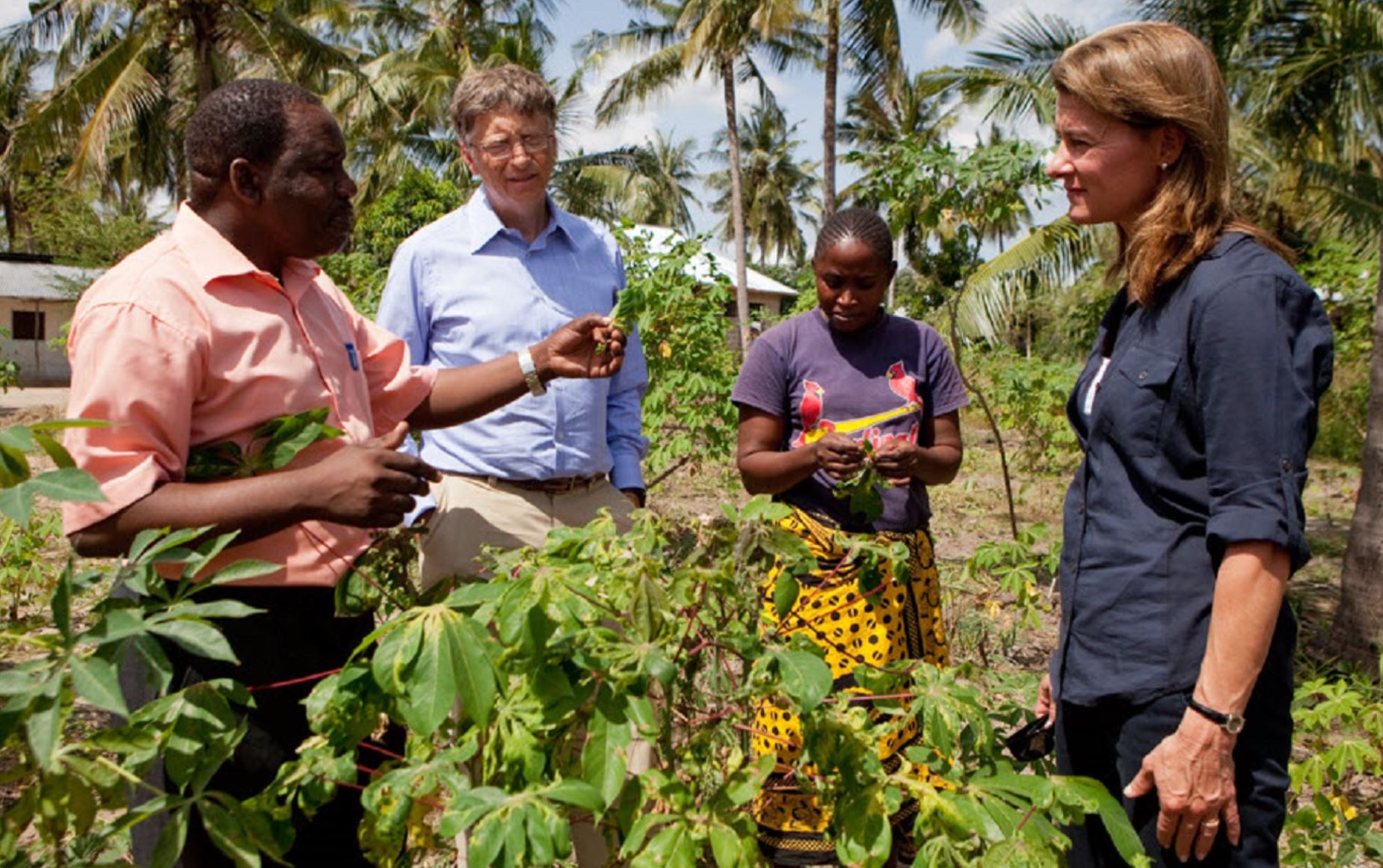
The Bill and Melinda Gates Foundation invests in technologies and told that support the specific needs of farmers in South Asia and sub-Saharan Africa. Image | gatesfoundation.org
Championing digital technologies in agriculture is a priority for the Bill and Melinda Gates Foundation, supporting projects that leverage data, analytics, and mobile technology to provide farmers with real-time information on weather, market prices, and best agricultural practices.
RELATED: Responsible innovation and a call to action
4. Rolls Royce Motor Cars
Rolls-Royce is synonymous with luxury and its latest venture is just as exclusive, with a little extra sweetness.
The company is behind Goodwood Apiary. Set on 42 acres, six traditional wooden beehives house a quarter of a million English Honeybees and produces what the company calls “the world’s most exclusive honey.” Unsurprisingly, it’s only available to Rolls-Royce guests.
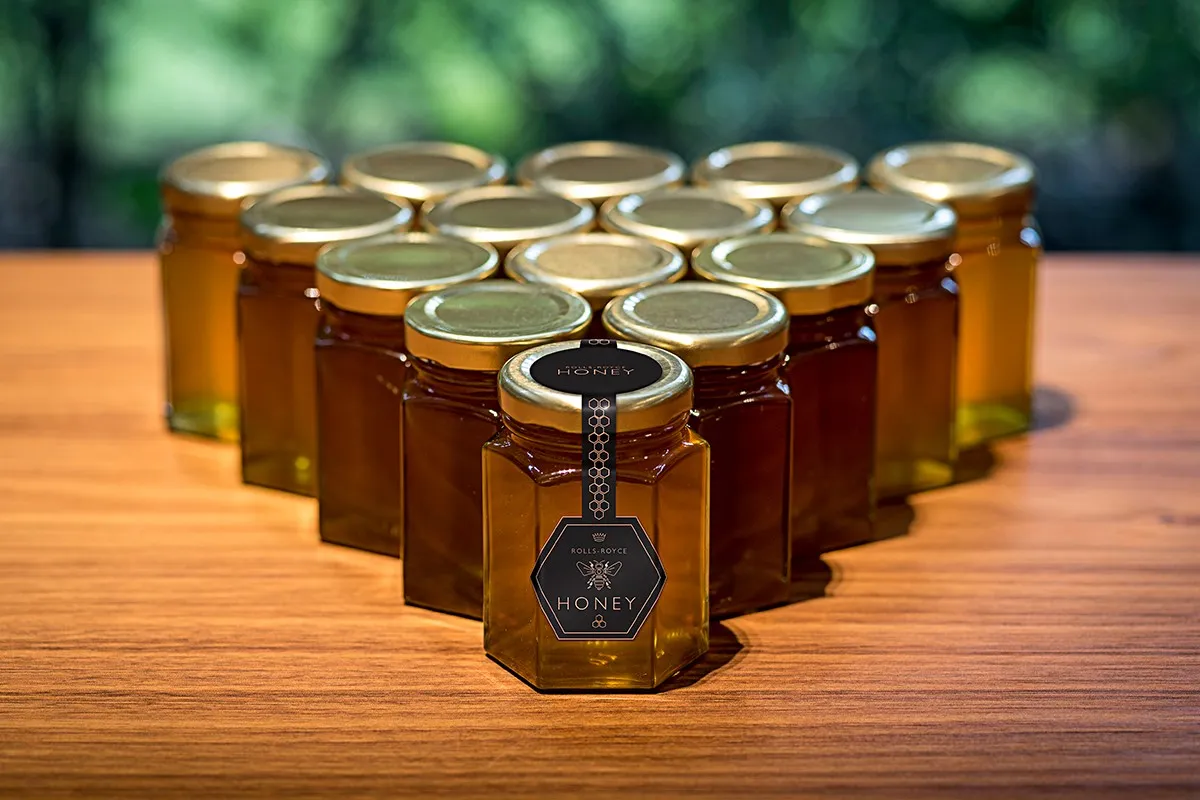
Rolls Royce has been a very busy bee.
But the initiative serves an even greater purpose. Through its Bee Lines campaign, Rolls-Ryce is on a mission to support farmers and landowners throughout the UK to create flower-abundant corridors that link habitats and give bees the best chance to thrive. In 2020, Richard Carter, Director of Global Communications at Rolls-Royce Motor Cars told The CEO Magazine Rolls-Royce is determined to protect bees.
“Through this project, which taps into the biodiversity of our site, including our huge living roof, we’re making an important contribution to conserving Britain’s vital bee population. Our sustainable buildings, thermal ponds, rainwater management systems and wildfowl refuge have already made the Home of Rolls-Royce at Goodwood one of the UK’s most eco-friendly manufacturing facilities,” he said.
5. Justin Timberlake
Leiper’s Fork, Tennesse has roughly 650 residents. Its home to quaint antique shops, galleries – and Justin Timberlake’s farm. The Tennessee native bought 126-plus acres in Williamson County’s Leiper’s Fork community for $4 million in 2015.
Extending his agricultural interests even further, in 2021 he was named by New York City startup Bowery Farming as a significant investor in its funding round that saw it raise $300 million USD. The Manhattan-based company converts industrial buildings like warehouses into “vertical farms” tended by automated equipment, a technique it says allows all its crops to be grown year-round regardless of weather conditions, pests, and pollution.
Timberlake put the farm on the market in late-2023 for a cool $10 million.
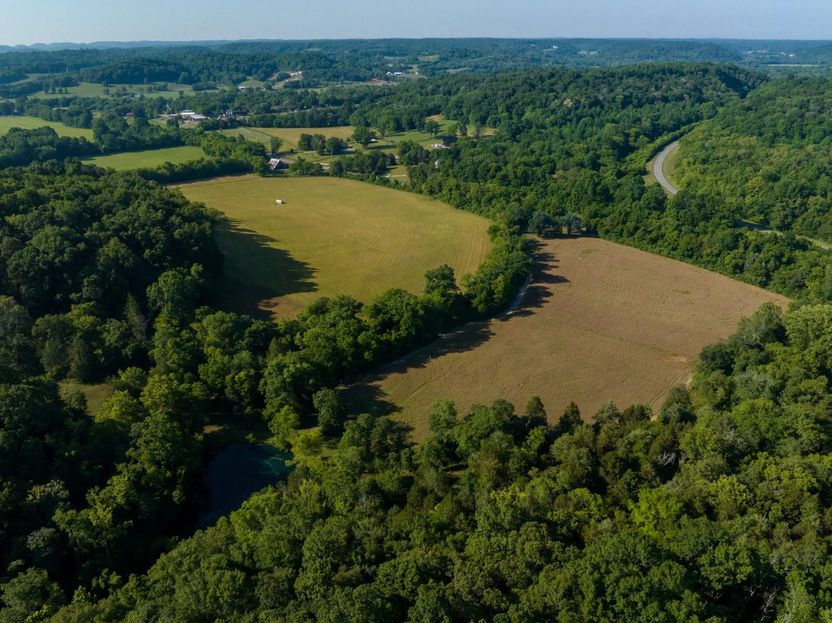
View from above Justin Timberlake’s farm. Image | Realtor.com
6. Oprah Winfrey
The media mogul and philanthropist owns a 65-acre organic farm in Maui, Hawaii, where she grows more than 100 varieties of fruits, vegetables, herbs, and flowers.
Winfrey started Oprah Winfrey’s Organic Farm in 2012 after reading a book by Michael Pollan that inspired her to eat more locally and sustainably – particularly significant in Hawaii where 90 per cent of the island’s food is imported.
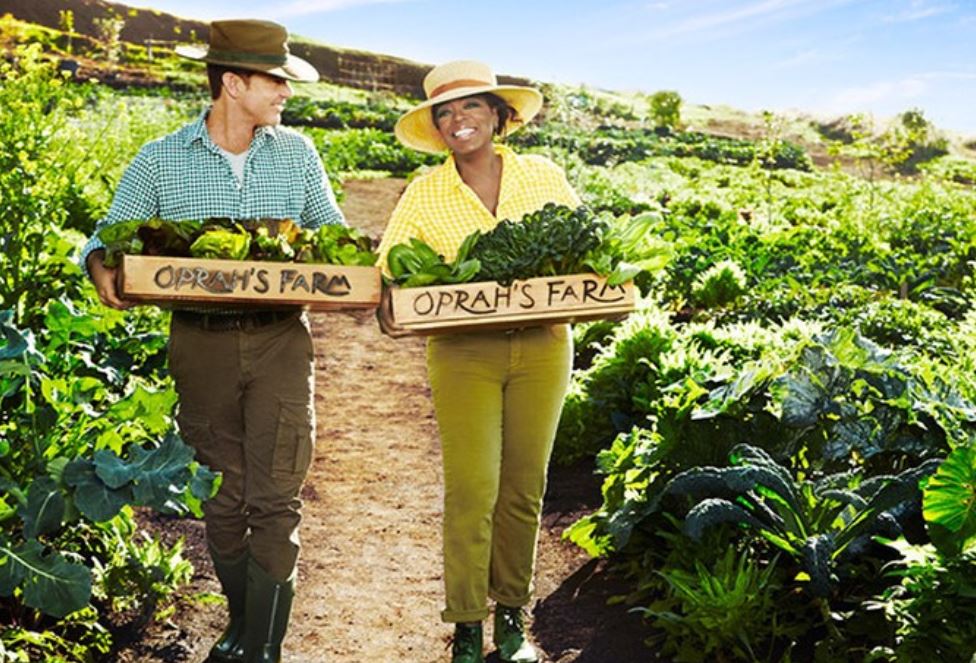
Oprah’s farm is situated on the side of Haleakala, a dormant volcano, and receives consistent rainfall and sun. Photo: Chris Craymer via oprah.com
Oprah’s farm supplies fresh produce to her own table, as well as to local restaurants and markets. She also donates some of her harvest to a nearby school and a food bank.
Oprah shares on Oprah.com that after being raised on a tiny farm in Kosciusko, Mississippi where her self-sufficient grandmother made everything from scratch – except for baking powder, baking soda and yeast – creating a farm in Maui felt like coming home.
RELATED: Aussie agrifood tech investment holds strong: What to expect from AgFunder’s 2024 report
7. Microsoft
The tech giant is not only interested in software and hardware, but in soil and seeds. In 2020, Microsoft co-founder Bill Gates warned the world about the fatal impact of climate change in a blog post titled, “COVID-19 is awful. Climate change could be worse.”
Microsoft has partnered with several organisations to develop innovative solutions for agriculture. Precision farming, crop yield prediction, pest and disease detection, and soil health monitoring are among some of the projects.
Microsoft is also on board with Australian agritech startup, Agronomeye which has featured in Startup Alley at AgriFutures evokeAG., and will exhibit in the inaugural Scaleup Station at evokeAG. 2024.
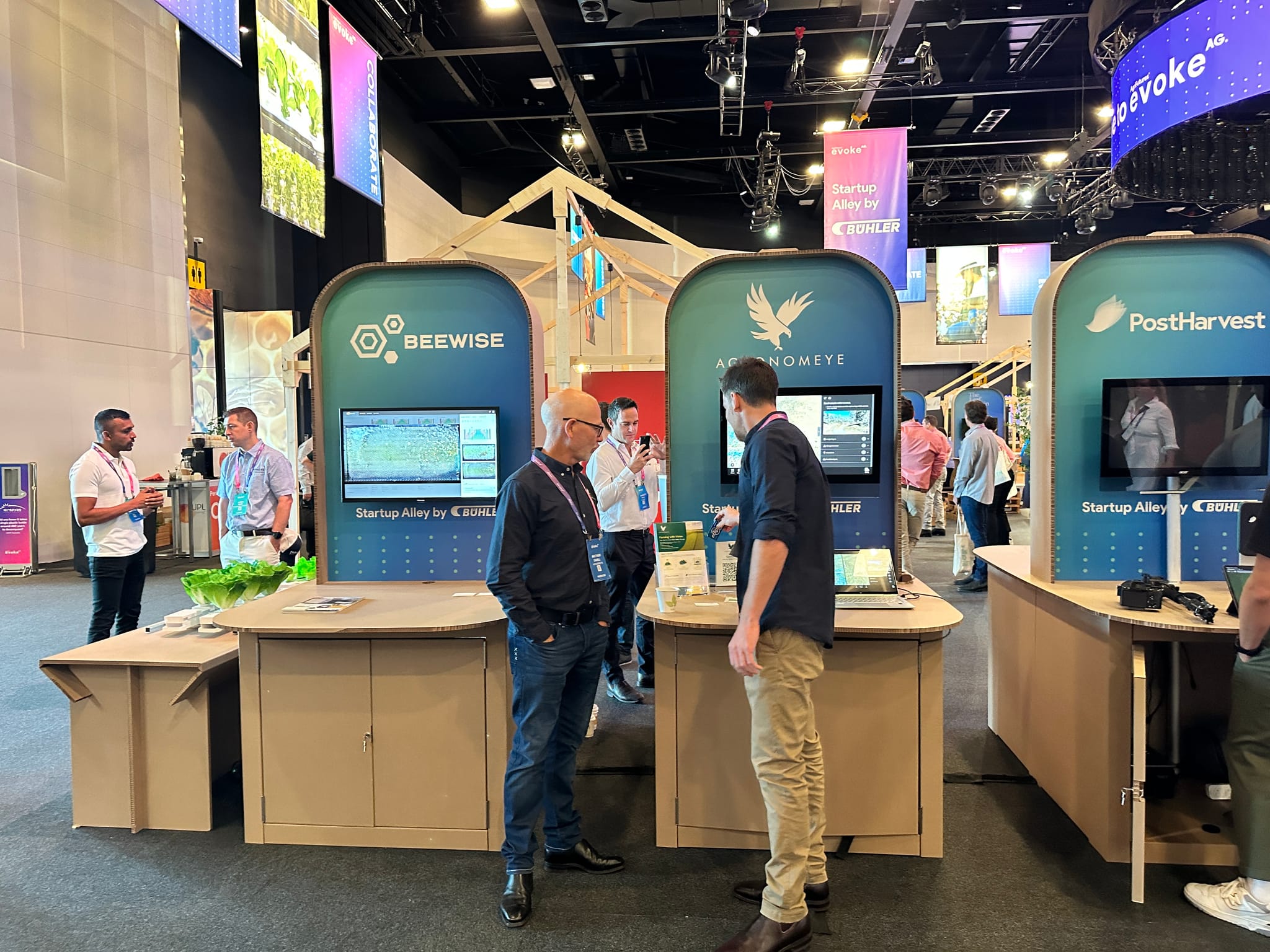
Microsoft is on board with Australian agritech startup. Pictured, Stu Adams showcasing Agronomeye at evokeAG. 2023.
In 2022 Agronomeye collaborated with Microsoft’s Azure Data Manager for Agriculture – a welcome boost from big tech, said co-founder Stu Adam. Formerly known as Azure FarmBeats, the technology was developed to make more sense of disparate datasets. Combining soil sensors and satellite imagery to provide insights related to soil moisture across the farm is one example of the ways Azure Data Manager for Agriculture takes data and creates insights.
“But these insights need to be delivered in the context of the farm landscape, and Agronomeye is excited to be working with Microsoft to put this complete picture in the hands of farmers,” Stu said.
RELATED: Who to watch in 2024: 40 startups set to turn heads at evokeAG.
RELATED: Agronomeye: The 360-view to help farmers turbocharge business
8. Ikea
The Swedish furniture and home accessories retailer is not only famous for its flat-pack products, but also for its commitment to sustainability and innovation. Ikea has invested in several agricultural initiatives, such as urban farming, vertical farming, and hydroponic farming. It’s a member of Better Cotton, the world’s leading sustainability initiative for cotton which focuses on improving the environmental and social impact of cotton production worldwide.
RELATED: How collaborative ecosystems are driving innovation in agrifood

More than just flatpacks, Ikea has invested in several agricultural ventures.
9. Harrison Ford
The actor, 80, is back on our screens as Jacob Dutton in the Yellowstone spin-off, 1923. But when he’s not in Hollywood, Ford’s at his 800-acre ranch in Jackson Hole, Wyoming.
Ford has been a passionate campaigner for environmental causes since the early 1990s, championing sustainable agriculture. In 1991 he joined Conservation International’s board of directors as vice-chair. The American non-profit is dedicated to conserving food and water sources, livelihoods, and a stable climate, according to its website. Ford told a Fortune conference in 2013 that his decision to become involved with the organisation came about as he “suffered an unconscionable excess of resources and was looking for some way to redeem myself morally.”
Enjoyed this story? Want to learn more about the Asia Pacific region’s innovative agrifood tech ecosystem? Sign up for our newsletter here and receive fresh stories about global leaders, farmers, startups, and innovators driving collaborative change.
